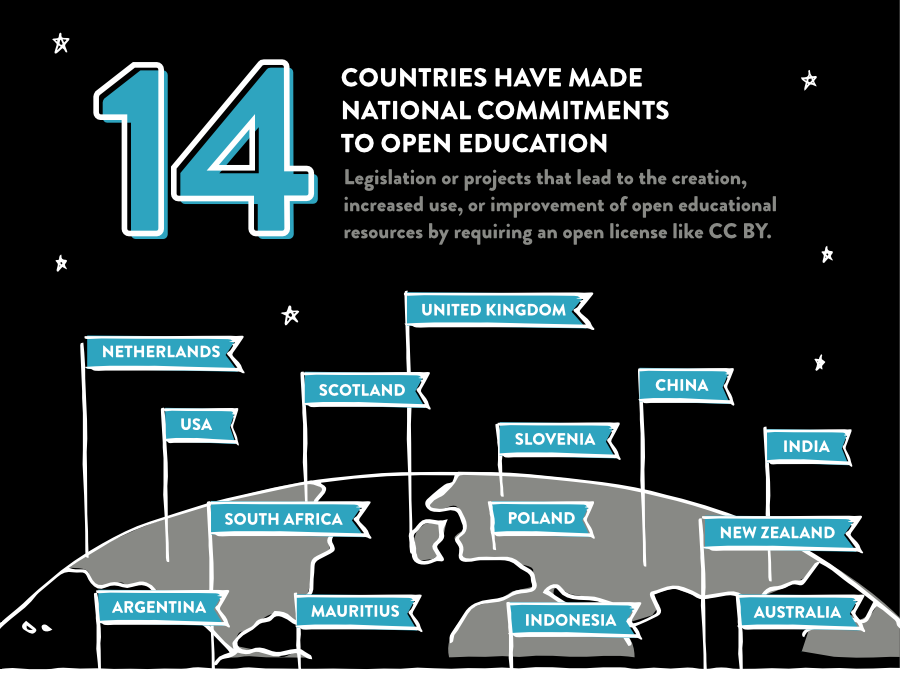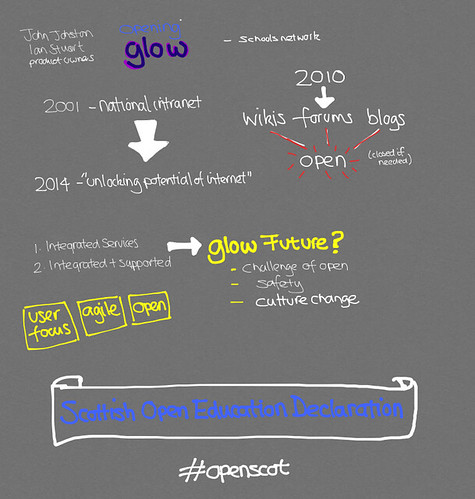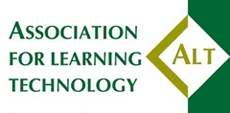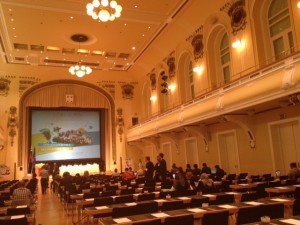Cross posted from Open World.
This rather crowded map of open education in Scotland is the product of a brief ten minute brainstorm I took part in at the launch of the Open University’s Opening Education Practices in Scotland (OEPS) project in Edinburgh last week.
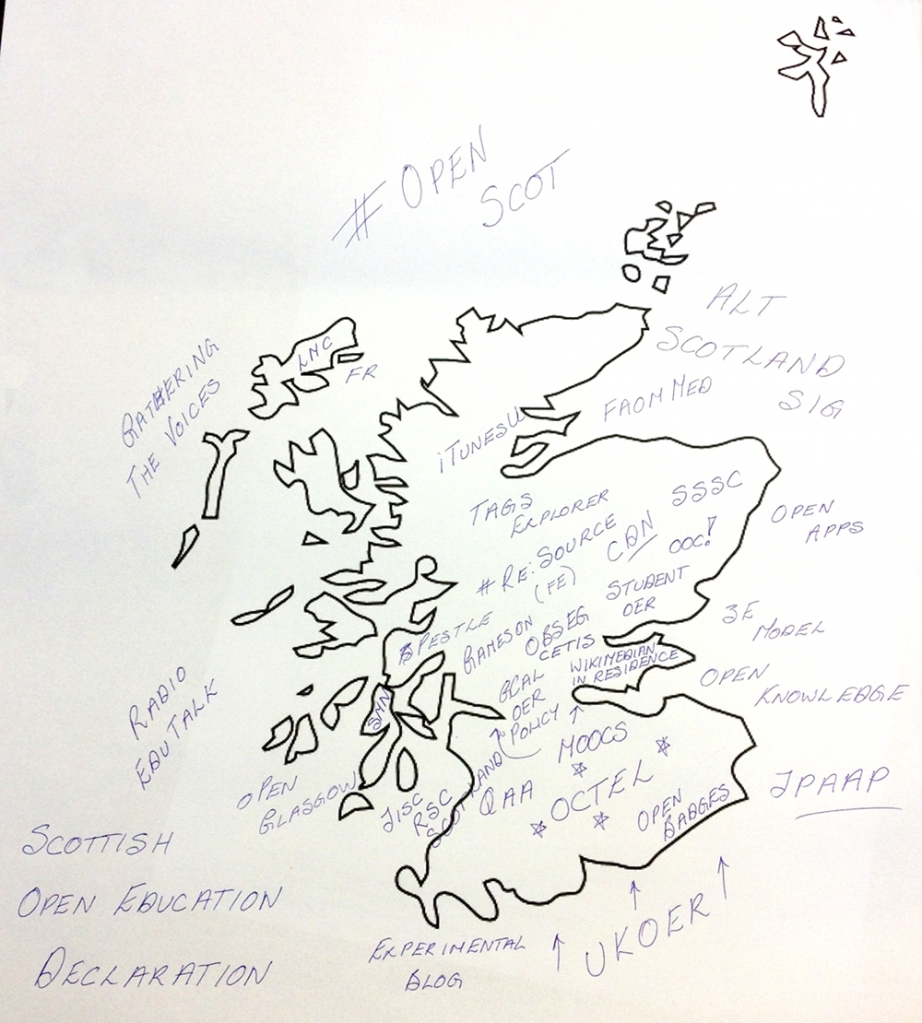
Open Education in Scotland
Contributors: Linda Creanor, Natalie Lafferty, Heather Gibson, Peter Cannell and Lorna M. Campbell
My scribbles may not be very legible, and the geography is questionable, but even if you can’t read the text, this map does give a good impression of the sheer breadth of open education practice already taking place across all sectors of Scottish education. And it also gives a good impression of the significant task facing the OEPS project if they are to effectively engage with existing open education initiatives in Scotland. This is a point that Sheila MacNeill and Joe Wilson have already raised in two thoughtful blog posts (Stuck in the middle with…open and #Oepsforum14 #Openscot Reflections.) Though supportive of the project and enthusiastic about its potential, both Sheila and Joe have raised valid questions about how OEPS plans to support existing open practice in Scotland, and how it will construct a distinctly Scottish narrative of open education.
During a typically thought provoking presentation on The Battle for Open, Martin Weller warned us that if we don’t engage with open education practice now, we’ll be sold a packaged version of what it is. To my mind, engagement with existing open education initiatives in Scotland will be key to the success of the OEPS project. It is critical that the project engages practitioners in creating a Scottish narrative of open education, rather than delivering a packaged alternative.
I’m not going to attempt to summarise the entire meeting, you can get a good flavour of the event from Sheila and Joe’s blog posts, this storify put together by Heather Gibson of QAA Scotland and Martin Hawksey’s TAGS archive. There are a couple of points I want to reflect on however.
The OEPS Online Hub
One of the objectives of the OEPS project is to build an “online hub to encourage and share best practice in open education”. This hub, which will be based on the OU’s existing OpenLearn Works platform, is being developed by members of the OEPS team based at the OU’s Open Media Unit in Milton Keynes. In a parallel session focused on the hub, we were asked to prioritise user stories and requirements, devised by the project team, from the perspective of practitioners and learners. The group I was part of went a bit off piste with this task and in the process raised some valid questions regarding the role of the hub. There was some confusion as to the exact nature of the online hub, and whether it was intended to be an OER repository. One participant questioned whether there was a real need for another online repository in Scotland when we already have Jorum and Re:Source, and the uptake of centralised repositories generally is notoriously low. The project team explained that although the hub will aggregate resources from other OER collections and enable users to export content, it is not intended to compete with existing OER repositories such as Jorum and OER Commons, it’s aim is primarily to support a community of open education practitioners. While there was a suggestion that this approach sounded a little bit “if we build it they will come”, it’s reassuring to know that OEPS will be focusing on supporting practitioner communities rather than on building another platform in what is already a very crowded space. Questions were also raised regarding the users stories and requirements drafted by the project team, with one participant asking whether a requirements gathering exercise had been undertaken in Scotland to determine the sector’s specific need for an online hub.
The Thorny Issue of Funding
The second point I want to reflect on is the rather thorny issue of funding, or more precisely, the relationship between funding and open education. This is an issue that Martin Weller touched on during his Battle For Open presentation. Martin pointed out that most battles are about money, and that there is a lot of money at stake in open education. This is certainly a point I would agree with, in some quarters at least. Martin also introduced the concept of “guerrilla research” which he contrasted with traditional research as follows…

from The Art of Guerilla Research by Martin Weller
While this is an attractive model, (and I <3 Beaker) I can’t help wondering how guerrilla research is supported; after all, it’s hard to “Do research” without funding at some level. And the same applies to open education, we all know that open doesn’t equal free, and that funding is required to support open education practice. Sheila MacNeill has written compellingly on this subject in her earlier blog post Open education practice, luxury item or everyday essential? I’m not going to re-hash Sheila’s arguments, but I think there are a lots of undercurrents relating to the relationship between openness and funding that we still need to surface.
Which brings me back to the scribbled map at the top of this post. Many of the open education initiatives in Scotland are unfunded, voluntary, or funded on institutional shoestring budgets. It’s commendable that Scottish education has done so much with so little, and perhaps this is what sustainable open education practice looks like, but it does make me wonder how much more could be achieved if funding was available to support open education right across the sector. While it’s hugely encouraging that the Scottish Funding Council has made a significant investment in open education by funding the OEPS project, and I have every confidence that the project team will make a significant contribution to supporting open education practice in Scotland, I can’t help holding on to a glimmer of hope that at some stage in the future SFC will launch an open education funding call that is open to all sectors of Scottish education.

